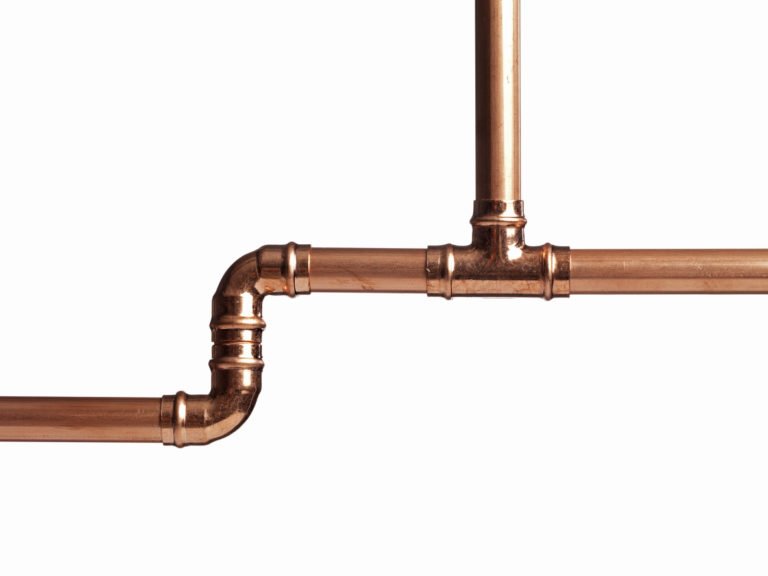The Connection Between Plumbing Maintenance and Water Damage Prevention
RH Business Marketing Solutions
Plumbing maintenance plays a crucial role in preventing water damage in homes and buildings. Water damage can be costly and disruptive, causing structural damage, mold growth, and health hazards. Proper plumbing maintenance helps mitigate the risks associated with water damage by addressing potential issues before they escalate. If, despite your best efforts, you do experience water damage in your Milwaukee area home or business, it's advisable to seek the assistance of experienced professionals like "Water Damage Contractors Milwaukee." They can provide expert restoration services to mitigate the damage and restore your property to its pre-damage condition.
Here's a closer look at the connection between plumbing maintenance and water damage prevention:
Leak Detection and Repair:
Regular plumbing inspections can identify leaks in pipes, faucets, and fixtures. Addressing leaks promptly prevents water from accumulating and causing damage over time.
Leaks can go unnoticed in hidden areas like walls or ceilings. Routine inspections can uncover these hidden issues before they become major problems.
Pipe Maintenance:
Aging or corroded pipes can weaken and burst, causing extensive water damage. Scheduled maintenance can identify pipes in need of replacement or repair.
Proper insulation of pipes in cold climates can prevent freezing and bursting during winter months.
Drainage Maintenance:
Clogged drains and sewage backups can lead to indoor flooding and water damage. Regular drain cleaning and maintenance prevent blockages.
Properly functioning drains ensure that wastewater flows away from the property, reducing the risk of flooding.
Water Heater Maintenance:
Water heaters can develop leaks or fail over time. Regular maintenance checks can catch issues early, preventing water damage and the potential for scalding.
Appliance Maintenance:
Appliances such as washing machines, dishwashers, and refrigerators with water lines can leak if not properly maintained. Regular inspections and maintenance can prevent appliance-related water damage.
Sump Pump Maintenance:
Sump pumps are essential for preventing basement flooding. Regular checks ensure they are operational, reducing the risk of water damage during heavy rains.
Water Pressure Regulation:
High water pressure can stress plumbing pipes and fixtures, leading to leaks or bursts. Proper pressure regulation through the installation of pressure-reducing valves can prevent this issue.
Regular Cleaning and Maintenance:
Keeping plumbing fixtures and pipes clean and well-maintained helps extend their lifespan and reduces the likelihood of sudden failures.
Education and Awareness:
Homeowners and building occupants should be educated about the importance of reporting and addressing plumbing issues promptly. Early intervention can prevent minor problems from escalating into major water damage incidents.
Emergency Preparedness:
While maintenance is crucial, it's also important to have an emergency plan in place, including shutting off the main water supply in case of a sudden leak or burst pipe.
Conclusion
In conclusion, maintaining your plumbing system is a fundamental step in safeguarding your property against water damage. Regular inspections and upkeep of your plumbing infrastructure help detect and address potential issues early, reducing the risk of costly and disruptive water damage incidents. It's also important to be prepared for emergencies, such as knowing how to shut off the main water supply in case of a sudden plumbing failure.
Additionally, if you require "dehumidification services in your area," it's crucial to choose a reputable provider to address moisture-related issues that may arise after water damage. Dehumidification services play a vital role in preventing mold growth and further damage to your property.
By combining regular plumbing maintenance with the expertise of "Water Damage Contractors Milwaukee" and "dehumidification services in my area," you can take a proactive approach to protect your property from the devastating effects of water damage and ensure a safer and more resilient living or working environment.















